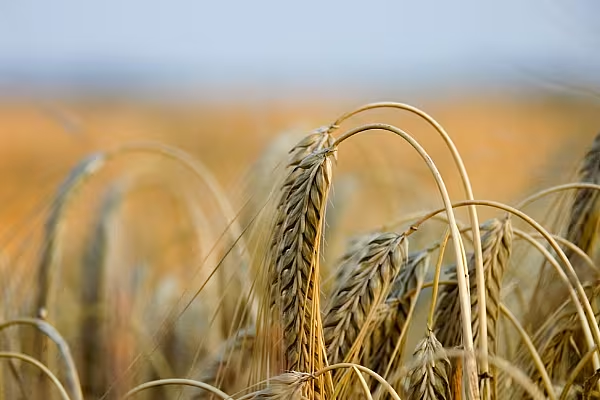Global food security continues to struggle against the threat of climate change and the global pandemic, a new study has found.
The Economist's Global Food Security Index (GFSI) highlights the urgent need to build a stronger and more sustainable global food system.
The GFSI evaluates how effectively a country can meet its population’s calorific and nutritional needs, while also examining the impact of external factors such as agricultural infrastructure, political stability and climate risks, among others.
Fragile Environment
The pandemic has exposed several risks to an already-fragile global food security environment, the study claims, compounded by rising inequality and climate risks threatening the stability of our food systems.
During the year, unprecedented additional pressure was placed on personal incomes, government support programmes, food production, and supply chains, thus increasing the duress the food security environment is under.
The GFSI incorporated a fourth category, 'natural resources and resilience', into the main index this year, alongside the three existing categories, 'affordability', 'availability', and 'quality and safety'.
This new category acknowledges the critical importance of natural resources as a central pillar of global food security.
Pratima Singh, project lead for the GFSI, said the world needs to "address the structural inequalities—economic, social and environmental—that were a fundamental feature of the pandemic."
Singh believes that "governments and policymakers, NGOs, and the private sector all have a role to play" in the recovery from COVID-19 and the future strengthening of global food security.
Key Takeaways
A number of key takeaways from the 2020 GFSI were reported by The Economist, with Finland being named the 'most food-secure' country for the second year in a row, followed by Ireland.
Yemen remains one of the least food-secure countries in the world, amidst heightening fears of a famine.
It also found that only 55 countries have a sufficiently funded, national support programme in place. Consequently, the prevalence of food insecurity often increases, particularly among low-income and high-risk groups.
In addition, just 31 countries have a dedicated food security agency. Defined food-security strategies are vital to helping policymakers address the nutritional needs of vulnerable populations.
Climate Change
The threat posed by climate change was also evident in the findings of the report, as it was found to have exacerbated environmental inequalities both within and across countries, and high-income countries are not immune.
Some 49 of the 113 countries covered in the GFSI are experiencing increased volatility in agricultural production, while public investment in agricultural research and development has been declining.
There is some good news in relation to climate change, however, as 72 countries have highlighted agricultural adaptation as part of their climate change strategies; however, governments and policymakers must prioritise continued action, as much progress is still required, according to the report.
© 2021 European Supermarket Magazine – your source for the latest retail news. Article by Conor Farrelly. Click subscribe to sign up to ESM: The European Supermarket Magazine.














